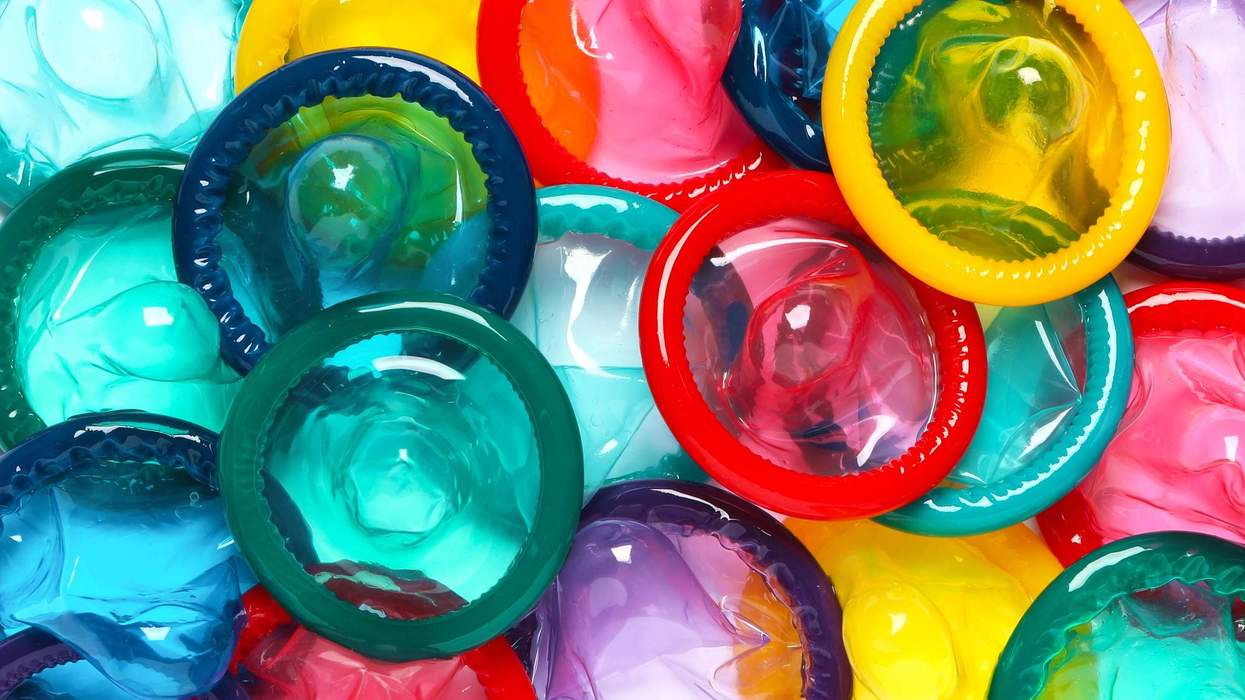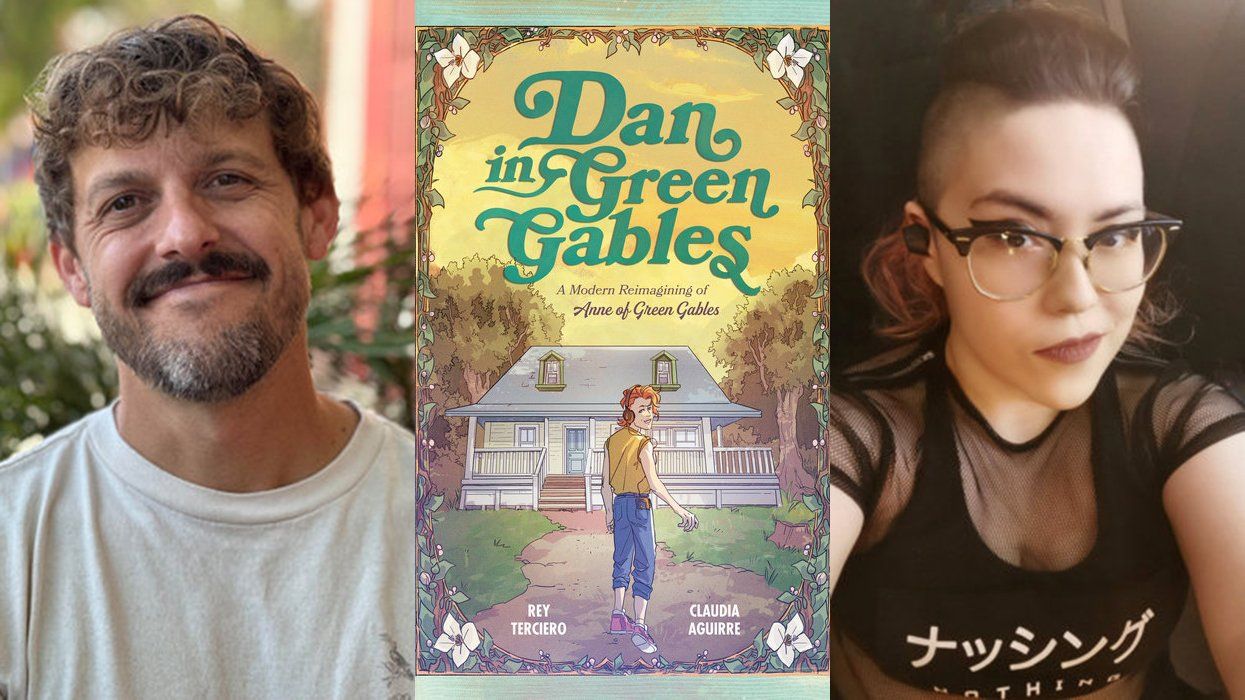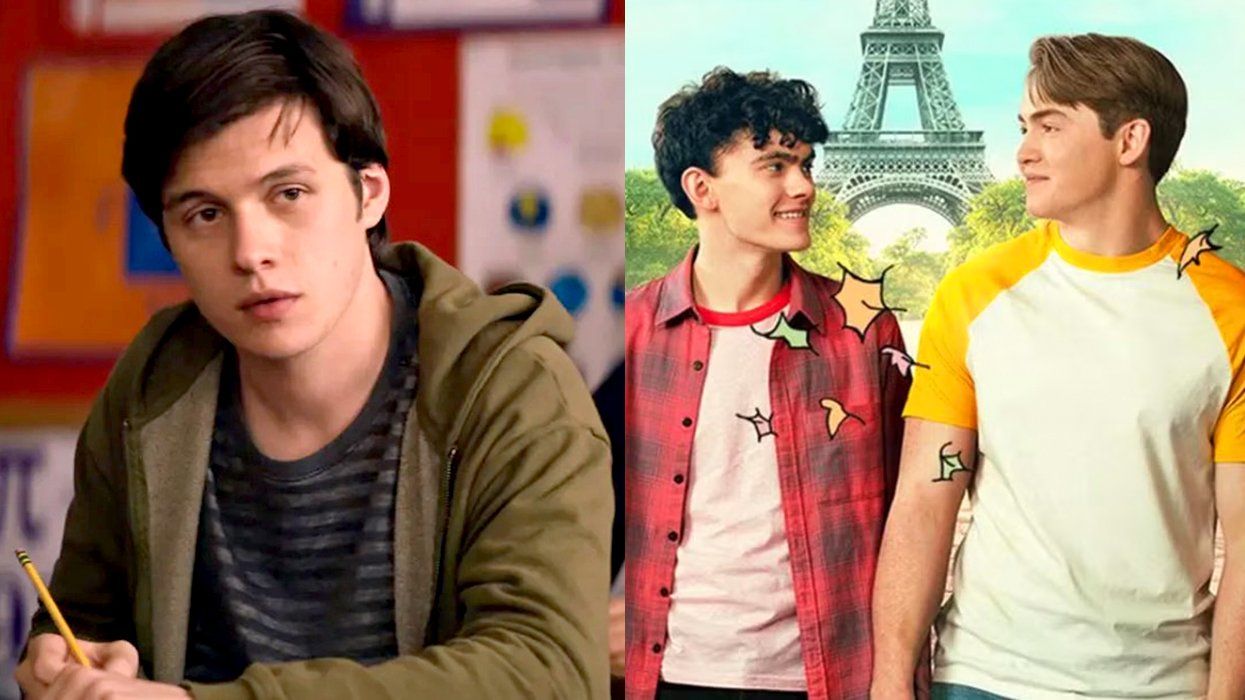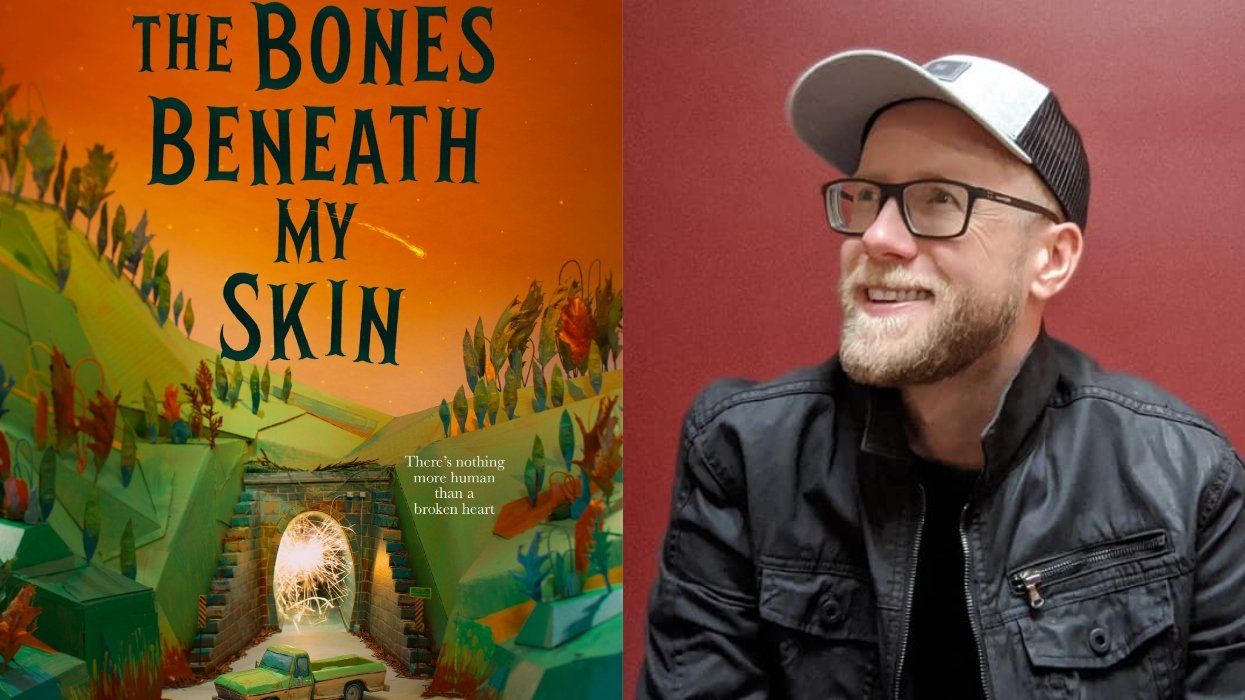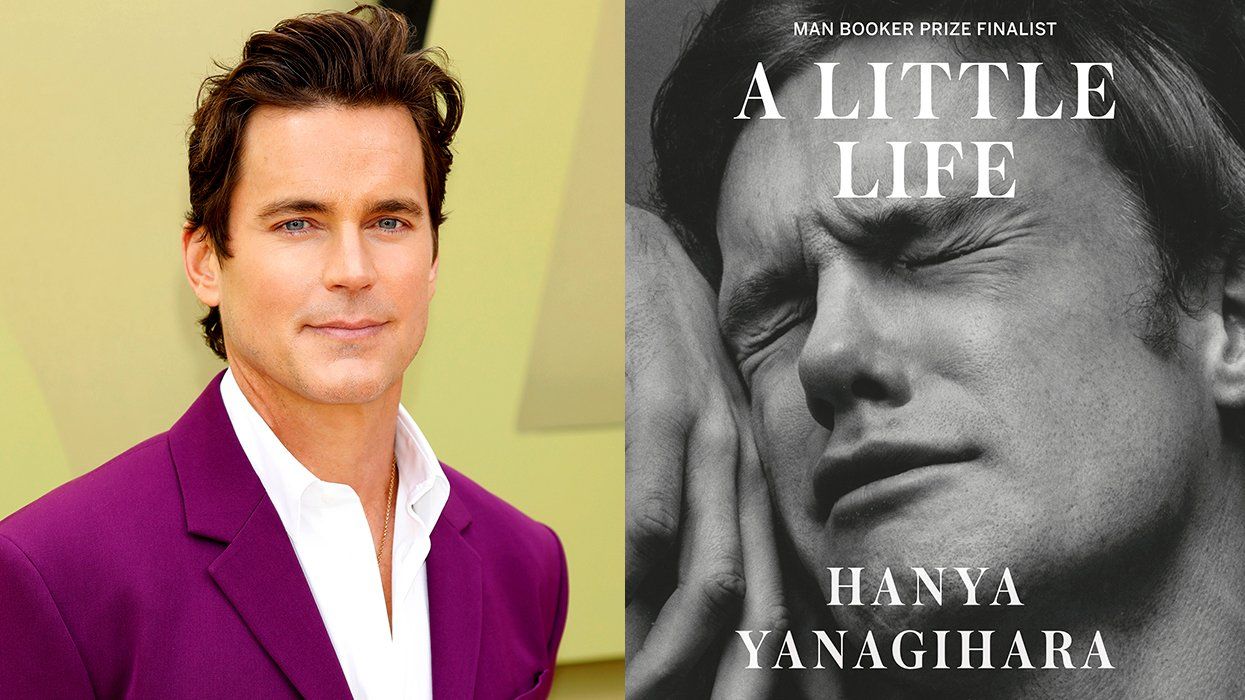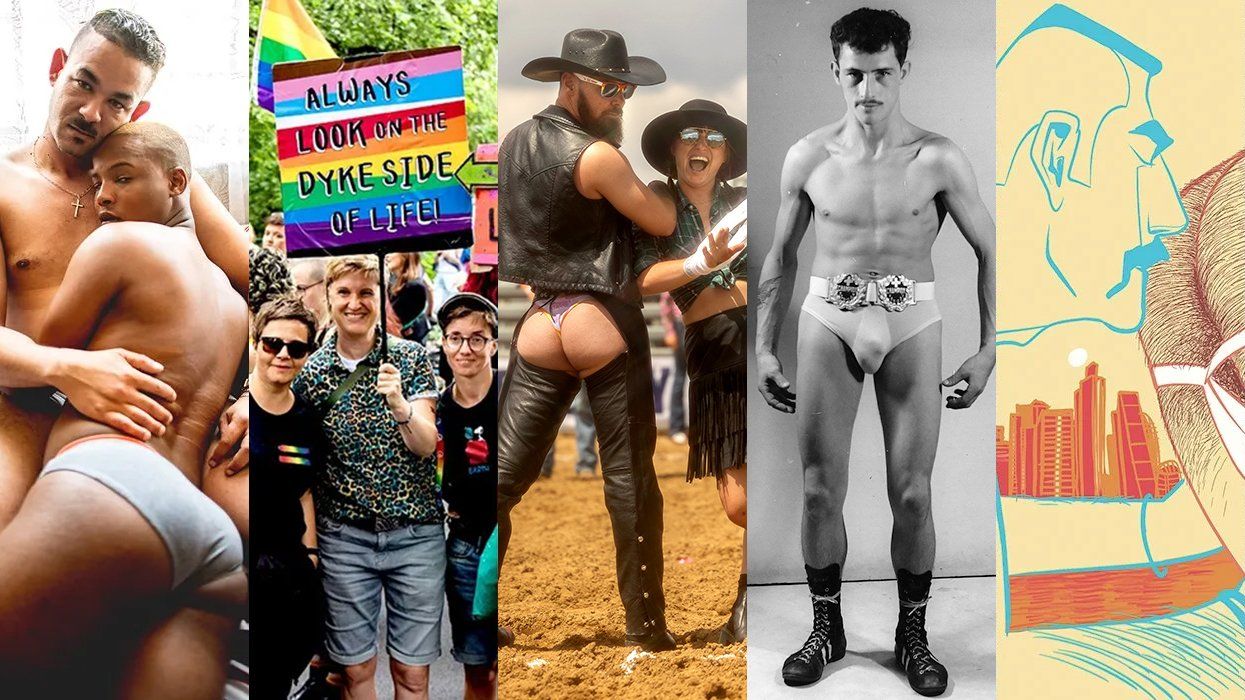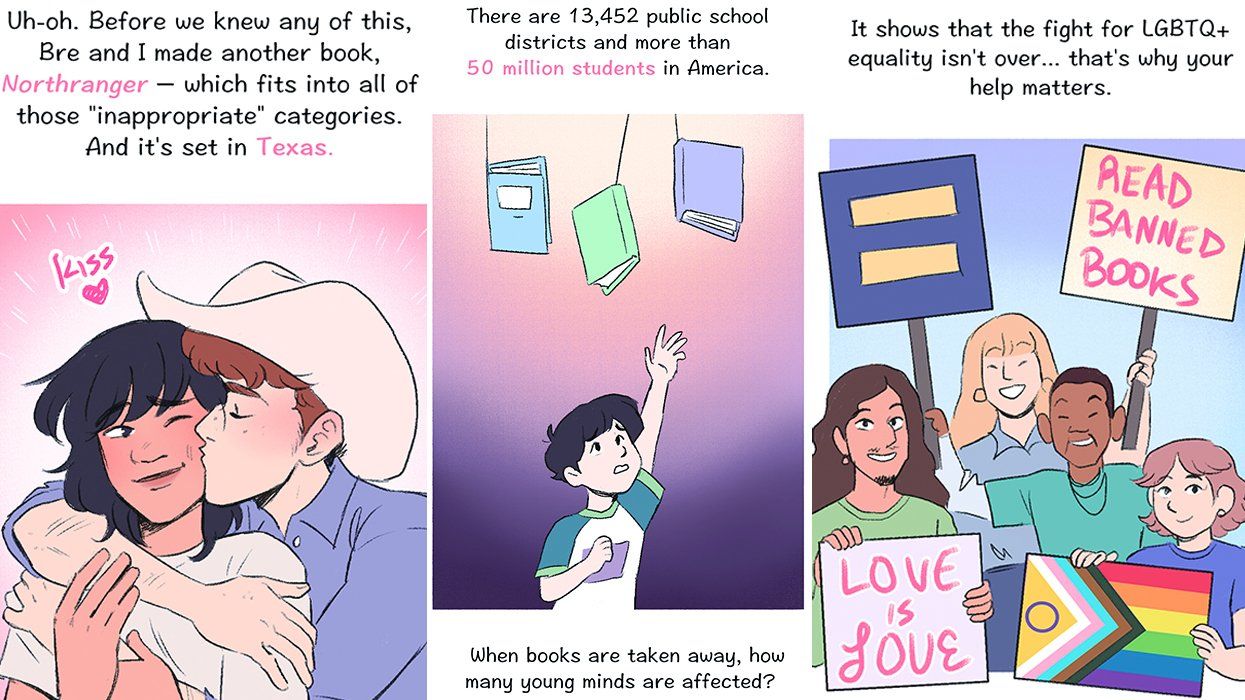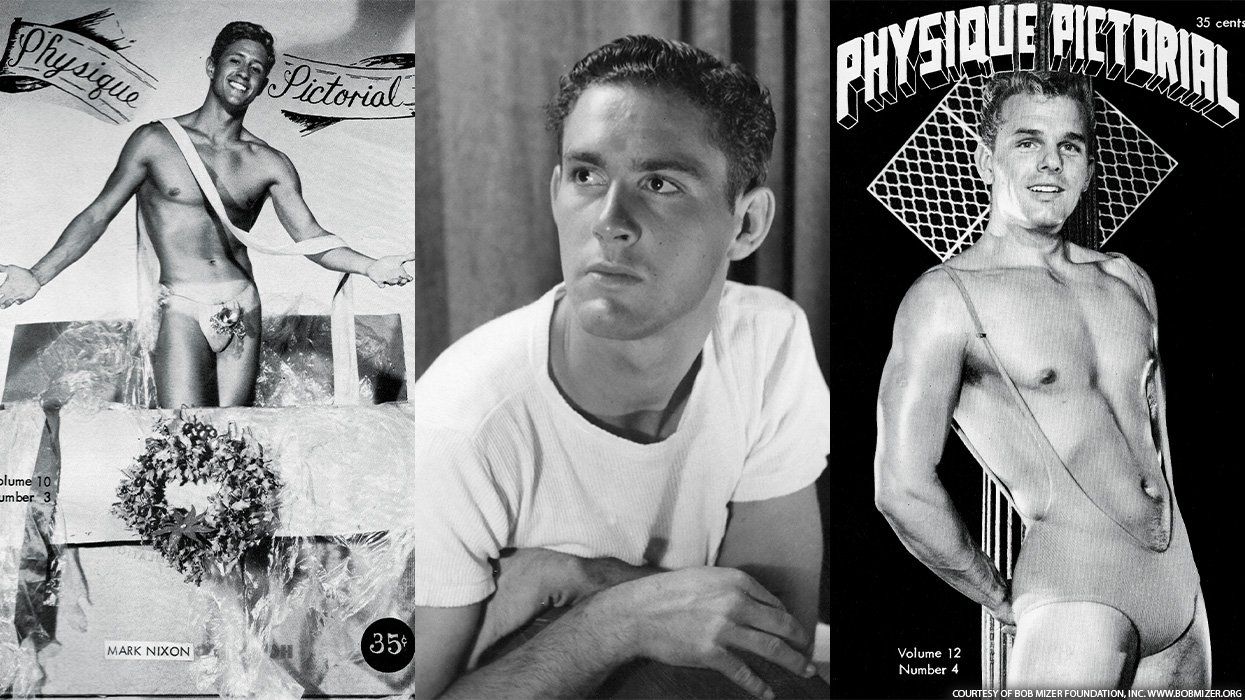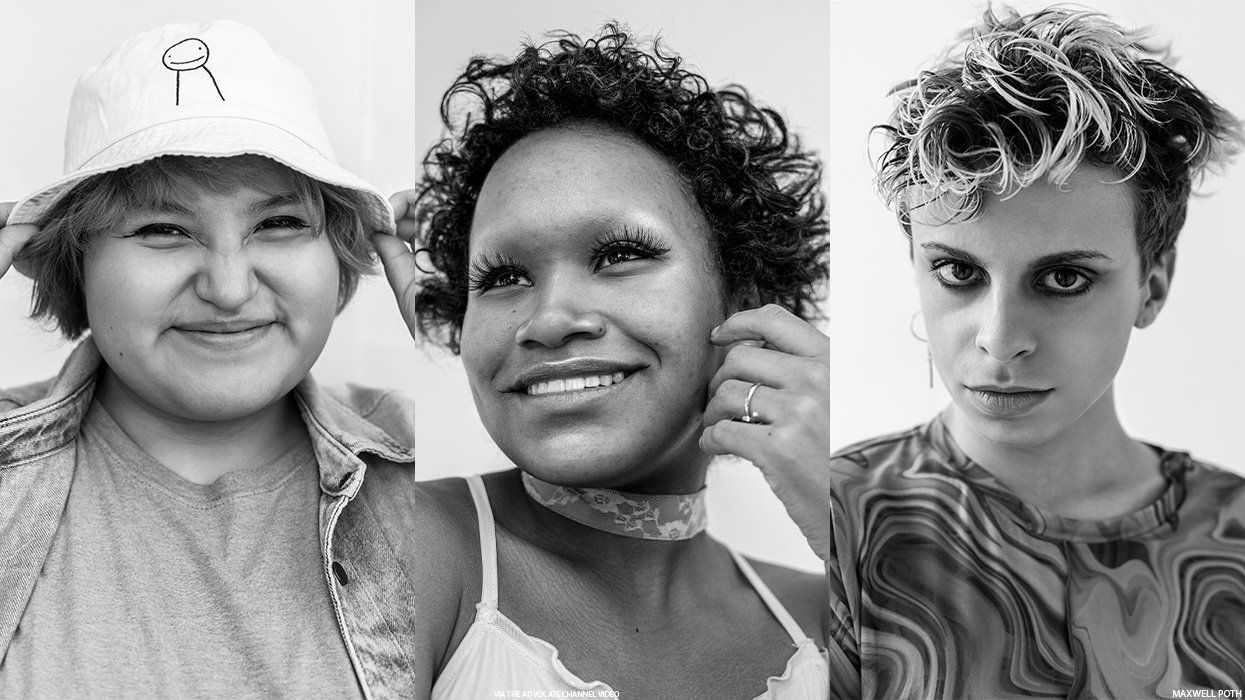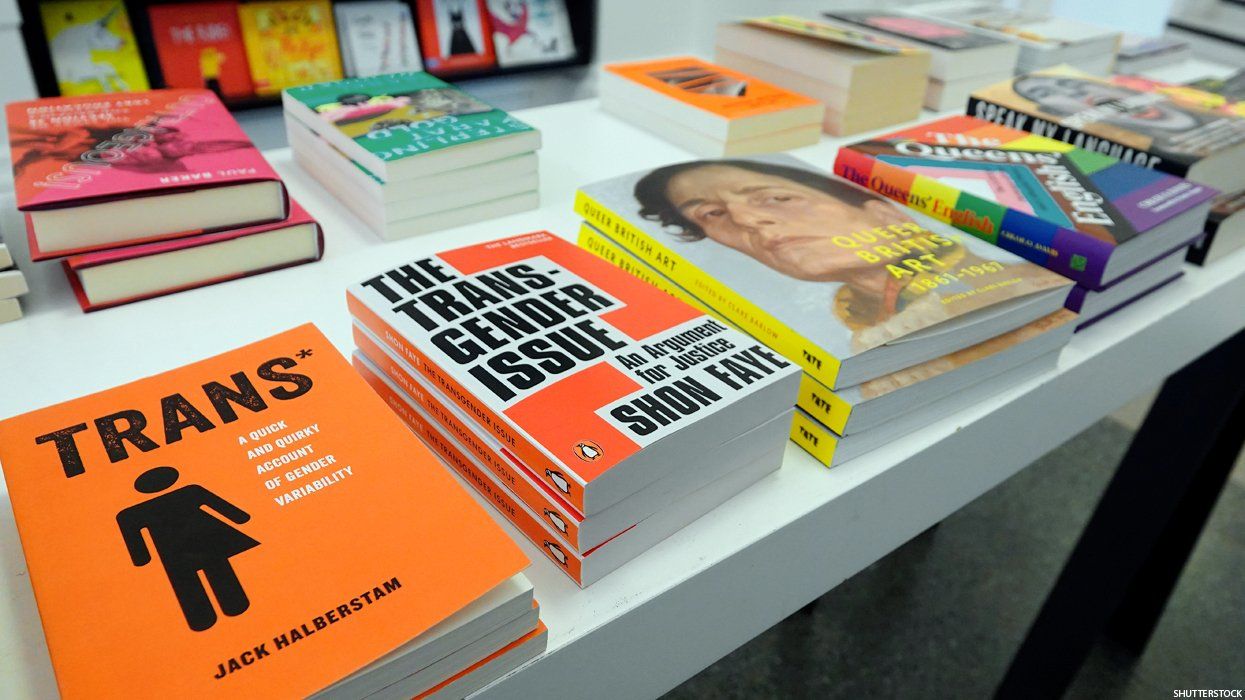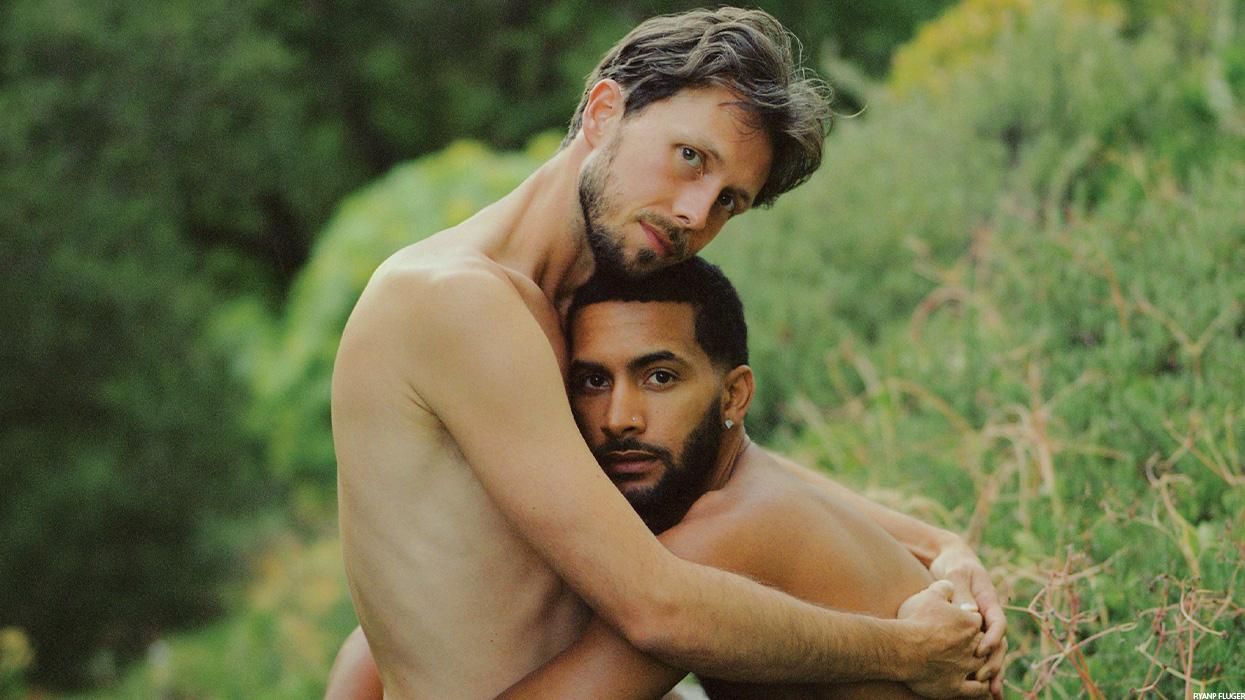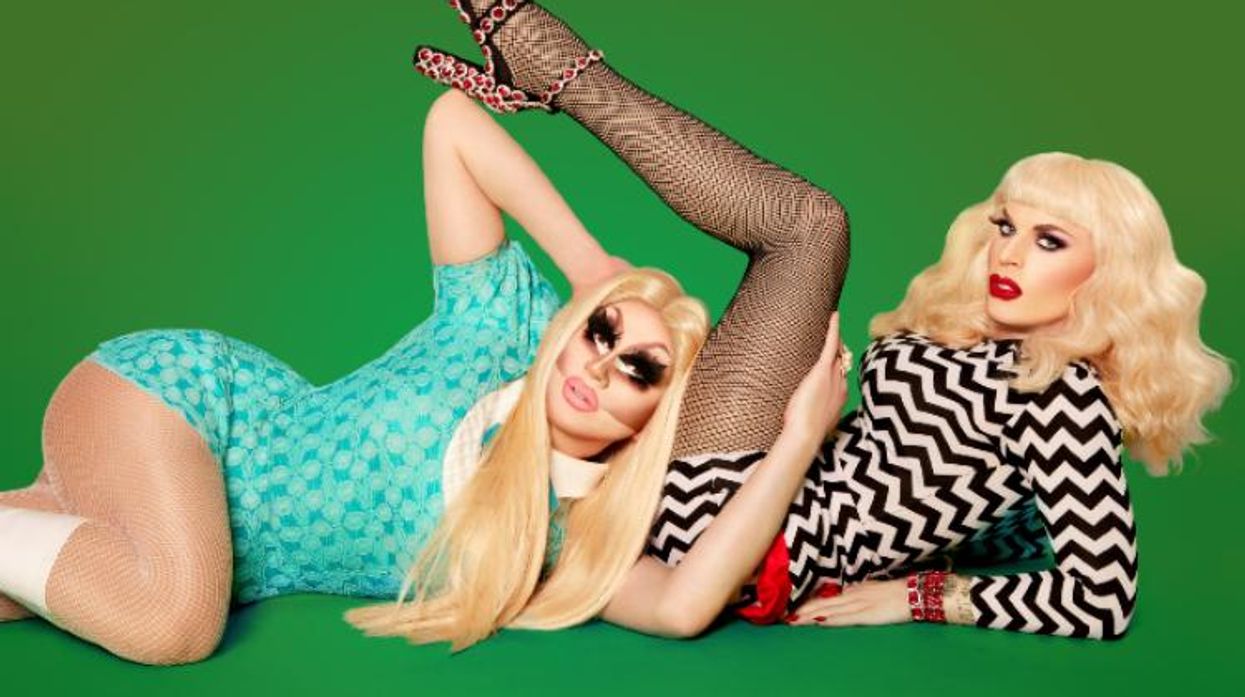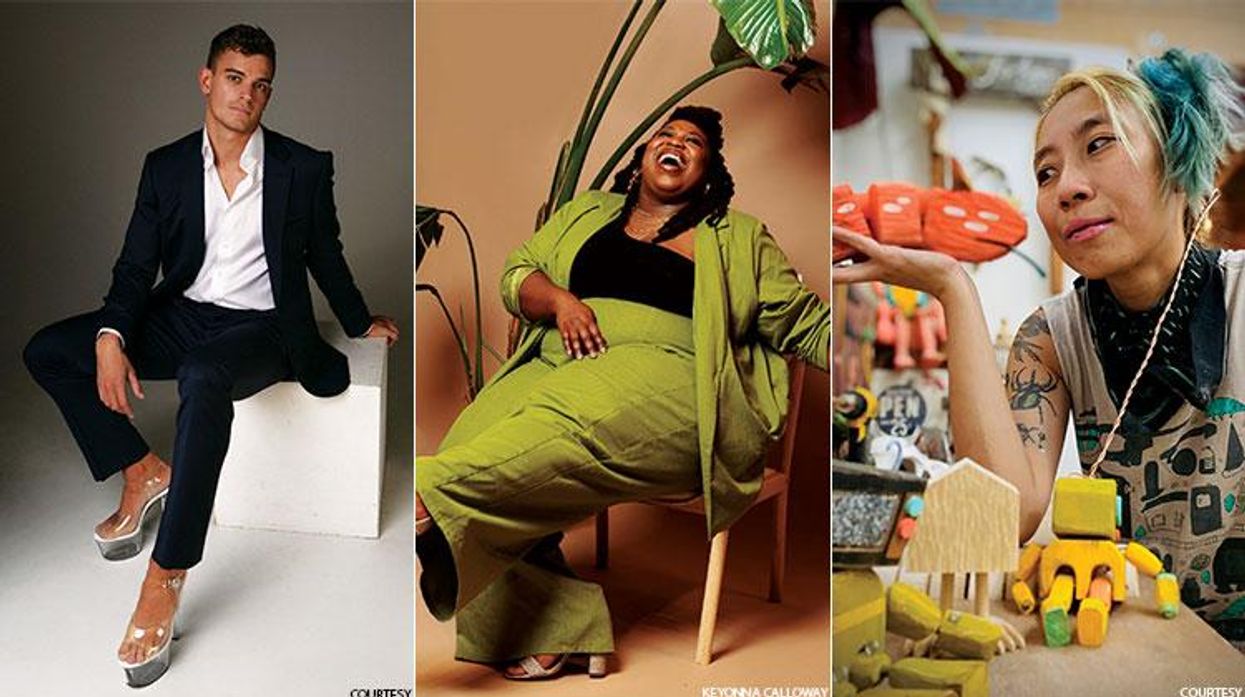Courtesy of Timothy Greenfield-Sanders.
Great art subverts, drawing attention to what is wrong and corrupt in society while forging communities that draw strength from their collective outrage. The spiraling anxiety that many of us have felt since the election on November 8 is familiar territory for artists who were around in the 1980s when Ronald Reagan and the rise of the Christian right coincided with the emergence of AIDS, creating a vibrant countercultural space. Here, two veterans of New York's performance-art scene, Justin Vivian Bond and Penny Arcade, reflect on the current crisis.
Justin Vivian Bond: As a young person in the 1980s and early '90s, I found that the AIDS crisis gave me a trajectory. What was created during that time was a template, and now it seems more relevant than it has in a very long while.
Penny Arcade: I've been so angry about the lack of justice in the country for decades, but what's different from Reagan or Bush is that we're looking at the fruition of 50 years. What is going on right now is unprecedented. This is the new world order -- Trump is a narcissistic, chaotic, demented figure, but the people who have put him in power have a very clear agenda, and those people are among the most frightening people on the planet.
JVB: People like us, who are predominantly only seen performing live in urban areas, have an audience that wants to hear what we have to say, so the challenge is to figure out a way to find audiences that aren't in our urban liberal areas.
PA: The Internet had such promise in the early '90s, for being a way for people to access communities, and now the algorithms have made it so hard. I would Google something and get 200 options -- now I get the same seven options. I'm ready to go on the road. I'm ready to go on a revival tour of America.
JVB: Let's do it. That's what Trump did!
PA: It's pretty devastating -- the power of disinformation is not just some Russian think tank in a basement somewhere putting out lies about Hillary Clinton selling arms to ISIS. These people are funded at an extraordinary rate. They are outspending anything that we can do, so we have to find other ways. Traditionally the way culture has operated ever since rock 'n' roll has been to do it through the cracks -- that's what revolution is. Radical art has a way of magnetizing people, pulling them out of their lulled existence, firing them up.
JVB: As artists we have to become destinations for community, so that while they are at our performance they are seeing who else is there -- who else they need to get together with.
PA: That's the way [my play] Bitch! Dyke! Faghag! Whore! functioned all over the world: Community-building. It's vitally important. We are in a very Weimar era. We are in 1929. It's very, very, very scary. As far as being an artist, one can only do what one has been doing if one has been creating work that encourages individuality, that has an interest in looking at what's behind the curtain.
JVB: What's shocking is that the people who are doing this are actually in the minority -- the people that they promise to disenfranchise is the majority. People can't even recognize who their enemies are.
PA: In 1990, at the peak of the NEA/Jesse Helms censorship crisis, there was a point where all of the theaters downtown wanted their artists to sign statements to say they'd never used drugs. So there have been precedents, not even that long ago, where fear [of losing funding] overcame the not-for-profit theaters. People have to have the courage of their convictions beyond their career needs and demands, and that is very hard. I've watched people capitulate under less strenuous situations than the ones we may be finding ourselves in.
JVB: Someone contacted me because they were getting all these artists to do this PSA, and the first line was, "We're scared." And I texted her back and said, "I'm not scared, and I don't want to be part of that message. I'm concerned, I'm angry -- anger is my comfort zone -- but I'm not scared."And she said, "Maybe we should change that. What should we say?" I said, "It should say: Fuck You, Assholes." I don't think they're going to change it, though.
Like what you see here? Subscribe and be the first to receive the latest issue of Out. Subscribe to print here and receive a complimentary digital subscription.






